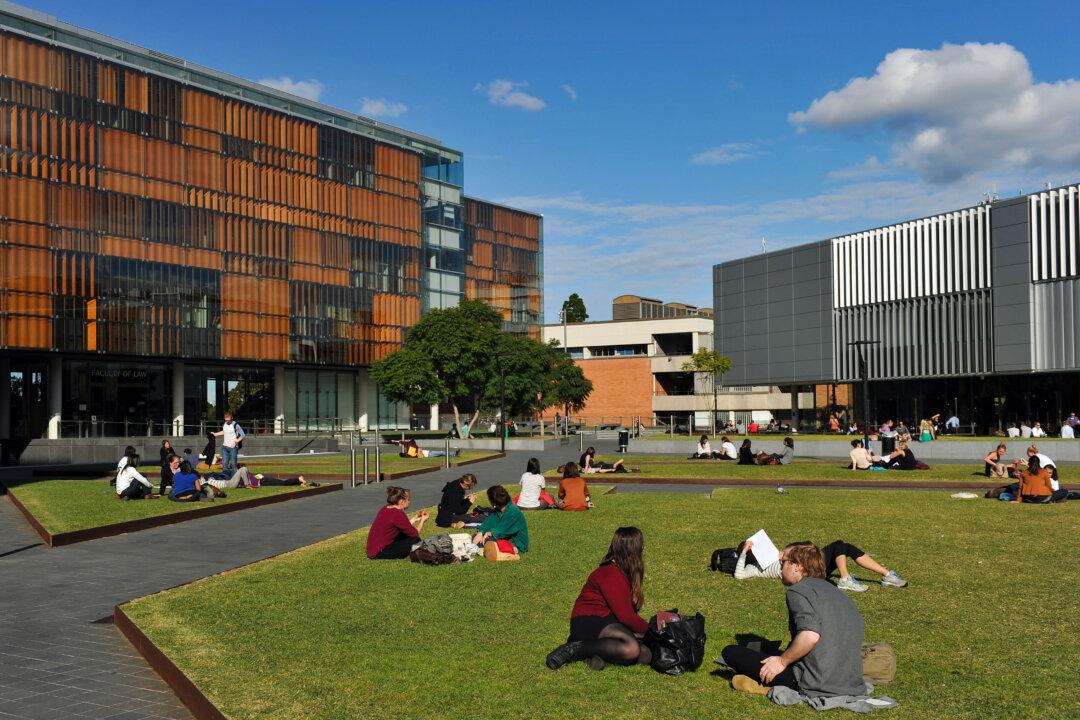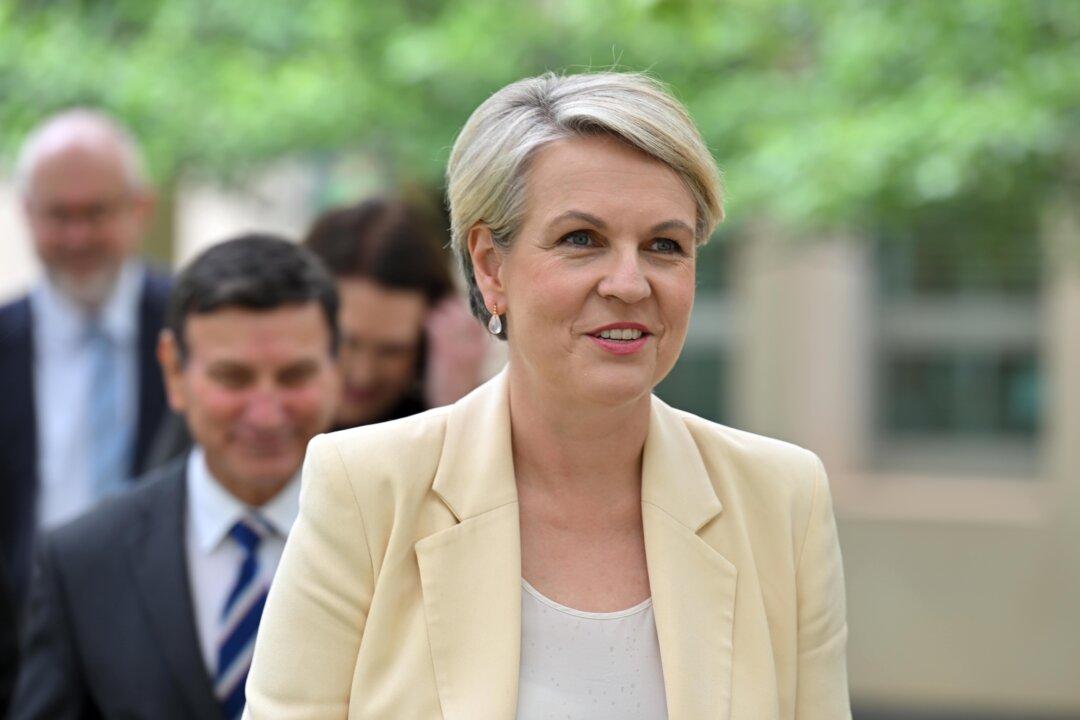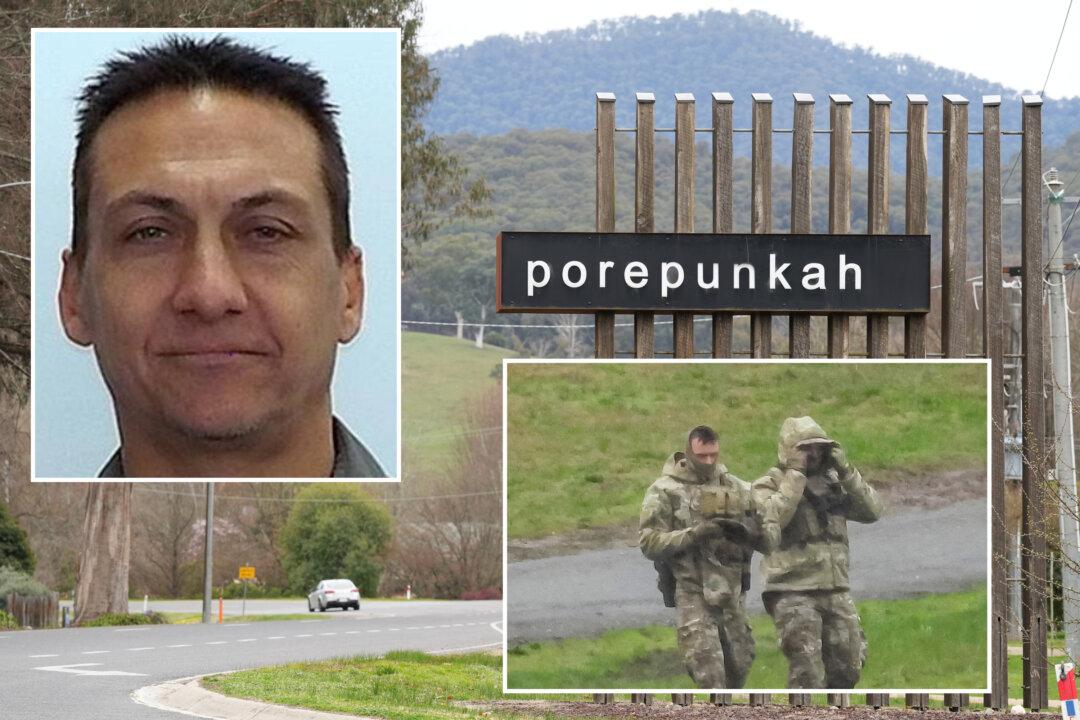Social cohesion across Australian universities has been under strain long before the Oct. 7 attacks, with rising tensions exposing underlying divisions.
The recent incidents have escalated these challenges, as highlighted during a Senate inquiry on anti-Semitism held on Nov. 29.





